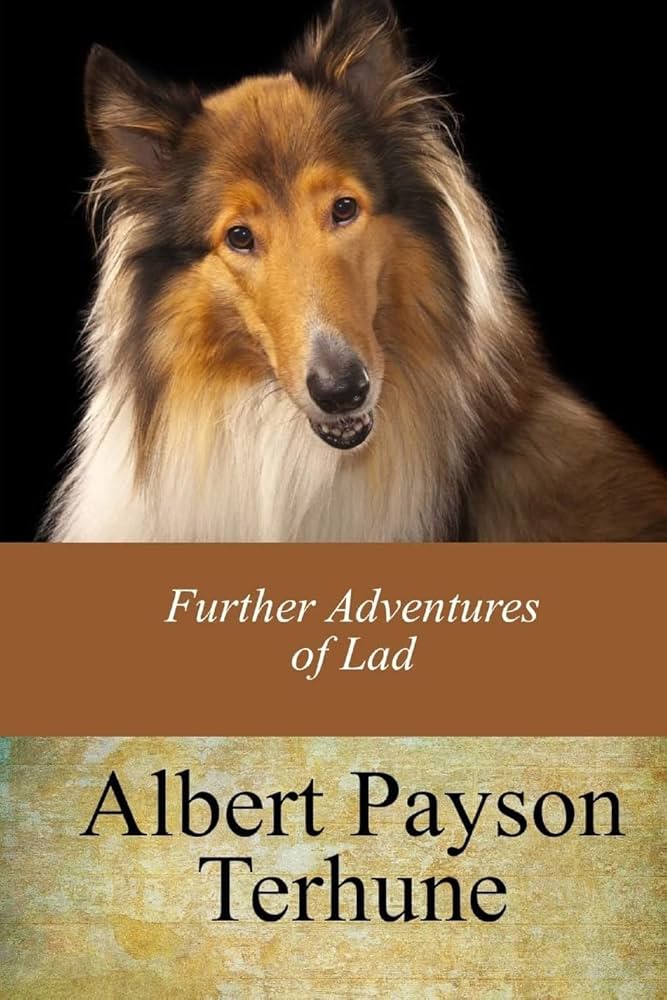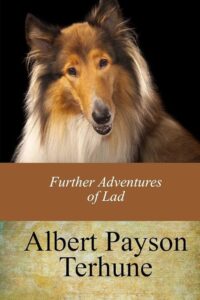Chapter VII: The Juggernaut
byChapter VII: The Juggernaut opens not with celebration, but the heavy weight of injustice pressing on those who loved Lad. The community buzzes with rumors and anger, for what had appeared as an isolated tragedy now unravels into something more sinister. Rhuburger, the man at the center of Lady’s death, isn’t just a careless driver—he’s part of a twisted pastime that glorifies cruelty. His connection with Bilke, a man infamous for purposefully running down dogs, casts a disturbing shadow. Together, they competed in quiet wickedness, keeping track not of miles or memories, but of kills. In a village where animals are family, the revelation lands like a stone in water, sending ripples of revulsion through every heart.
The silence following this news is more than shock—it’s sorrow layered with outrage. Maclay, the voice of reason and authority, brings unexpected comfort. Though Rhuburger threatens legal action, claiming Lad attacked him without cause, those who witnessed the confrontation are ready to speak. They remember Rhuburger’s history, his provocations, and above all, the deep grief that had already scarred Lad. His act was not violence; it was defense. As word spreads, neighbors begin organizing a petition, standing firmly behind the dog they now call a community protector. For once, justice does not feel distant—it feels personal, and it feels close.
Inside the home, the Mistress and Master process all they’ve learned. Neither expected the storm of cruelty they’ve uncovered, nor the strength of the support rising around them. Their eyes fall on Lad, who waits quietly by the hearth, a steady presence amid shifting tides. There is no tension in his posture, no fear in his eyes. Somehow, he knows. The storm has broken, and the light is returning. He nuzzles them, not in apology or fear, but with quiet reassurance, as if reminding them that his loyalty remains unchanged. They kneel beside him, hands buried in his fur, feeling the warmth that sorrow had dimmed now slowly returning.
Maclay’s words echo in their minds as his car disappears down the road. Lad is not a criminal. He is a guardian, and everyone seems to know it. Even those who never cared for dogs now find their voices rising in his defense. Stories of his past kindness surface again—of lost children he guided home, of injured birds he guarded, of his silent companionship through Lady’s death. One act of courage has stirred a deeper memory in the hearts of many. This is not merely about justice—it’s about recognizing the quiet heroism of those who cannot speak for themselves.
That evening, the house feels less heavy. The air is still tinged with grief, but hope breathes softly through each room. The Mistress watches Lad from the doorway, seeing not a dog broken by sorrow, but one rebuilt by purpose. The firelight catches his eyes, and for the first time since Lady’s passing, they gleam—not just with awareness, but with joy. His tail thumps the floor slowly, steadily, as if beating out a rhythm of healing. The Master kneels beside him, offering a smile, and Lad presses close.
It’s not just that Lad is safe now—it’s that he is seen, understood, and honored. In a world where cruelty sometimes goes unchallenged, his silent resistance and final stand have drawn a line. The story won’t end here. It will live in the hearts of neighbors, in the murmurs of children walking past the gate, in the subtle shift of how people view animals—not as property, but as beings capable of grief, courage, and love. Lad, the grieving collie who once stood guard over his fallen mate, now guards something greater: the collective belief that goodness still stands a chance.


